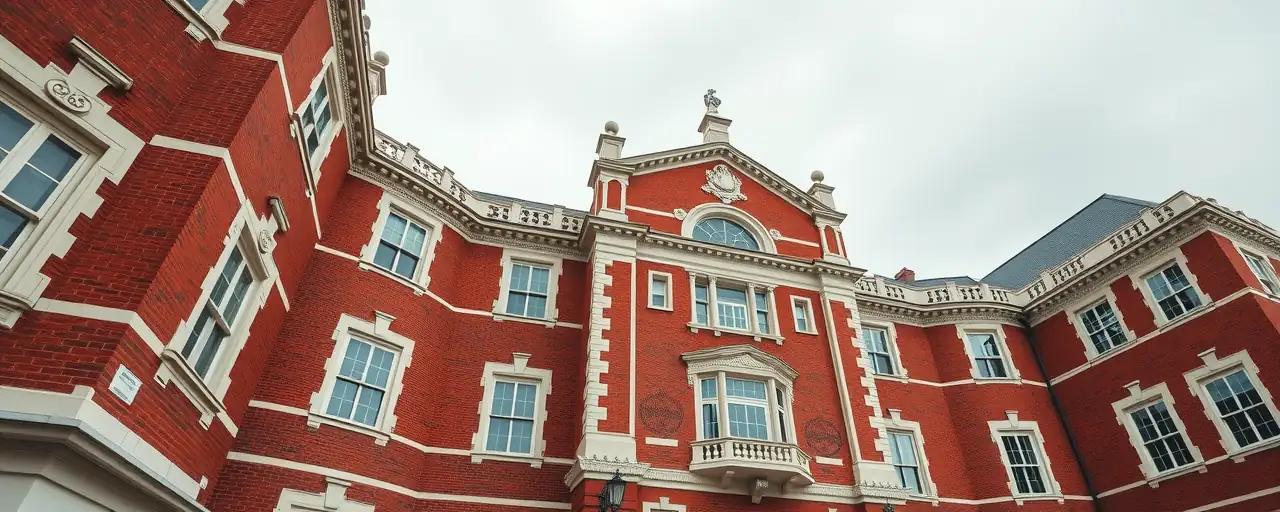A Stunning Blow to Harvard
On May 22, 2025, the Department of Homeland Security delivered a jarring verdict: Harvard University could no longer enroll foreign students. Secretary Kristi Noem justified the decision by accusing Harvard of tolerating antisemitism, enabling pro-terrorist behavior, and collaborating with the Chinese Communist Party. Overnight, thousands of international students faced the prospect of transferring schools or losing their legal status in the U.S.
This action transcends Harvard’s ivy-covered walls. It signals a troubling shift, where federal agencies wield immense power to punish universities for their intellectual climates. The move threatens the vibrant exchange of ideas that defines higher education. Why would the government target a cornerstone of global scholarship? The answer points to a broader agenda: control over academic freedom and diversity.
Dissecting the Accusations
The charges against Harvard demand scrutiny. A 2025 internal study revealed that 60 percent of Jewish students experienced discrimination or bias, a stark reflection of rising antisemitism on U.S. campuses, which surged 84 percent from 2023 to 2024. These findings are deeply concerning. Jewish students deserve campuses where they feel safe and valued, and Harvard’s leadership must answer for its shortcomings.
Yet, DHS’s response—revoking Harvard’s Student and Exchange Visitor Program certification—misses the mark. The department also cites Harvard’s ties to China, including $151 million in foreign donations since 2020 and research partnerships with academics linked to human rights abuses. These connections warrant investigation, but punishing an entire student body for administrative decisions is neither fair nor effective.
The claim of “pro-terrorist” conduct further muddies the waters. DHS highlights pro-Hamas student groups and a 295 percent rise in aggravated assaults from 2022 to 2023. These issues raise valid concerns, but they don’t justify equating student activism with terrorism or blaming universities for broader crime trends. Harvard’s response to antisemitism has been inadequate, but DHS’s sweeping action sacrifices precision for spectacle.
A Smarter Path to Combat Antisemitism
Antisemitism requires urgent action, but not through federal overreach. Data from the Lumina Foundation’s 2025 survey show that 75 percent of students feel respected when campuses foster open dialogue. Universities can address harassment by strengthening policies, investing in mediation, and promoting critical-thinking programs. Why dismantle a global academic hub when targeted reforms could protect Jewish students and preserve free expression?
History offers lessons. In the 1970s, Harvard eliminated quotas that restricted Jewish enrollment, demonstrating that campuses can reform internally without external mandates. Today’s challenges, intensified by debates over Israel, call for education and discussion, not visa restrictions or funding cuts. The Department of Education’s Title VI investigations into 60 universities provide a model: enforce existing laws, demand accountability, and prioritize inclusion over punishment.
The Human and Global Toll
The DHS decision reverberates beyond Harvard’s campus. International students, who contributed $40 billion to the U.S. economy in 2023, now face uncertainty. Their diverse perspectives enrich classrooms and drive innovation, yet this policy disrupts their lives and dims America’s global appeal. What does this say about a nation that claims to value open inquiry?
Some might defend the decision, arguing that campus safety and national security demand bold steps. They could point to Harvard’s foreign partnerships or unchecked protests as risks. But this reasoning falters. Punishing students for institutional failures is unjust, and broad bans do little to address specific threats. Transparent audits, stricter donor oversight, and diplomatic pressure would better balance security with academic freedom.
Defending the Heart of Higher Education
This action sets a perilous precedent. If Harvard can be targeted, no university is safe. The federal government’s expanding role in campus oversight—through Title VI probes, grant terminations, and SEVP revocations—erodes the autonomy that fuels American higher education’s global leadership. Voices from the American Association of University Professors and the Anti-Defamation League have long championed solutions that protect free speech while addressing harassment.
We cannot let this stand. Universities thrive as messy, dynamic spaces where ideas collide. Harvard must confront its failures, especially on antisemitism, but the solution lies in dialogue, clear policies, and preserving the diversity that sparks progress. Let’s demand accountability from our institutions and reject government overreach that threatens the values we hold dear.
